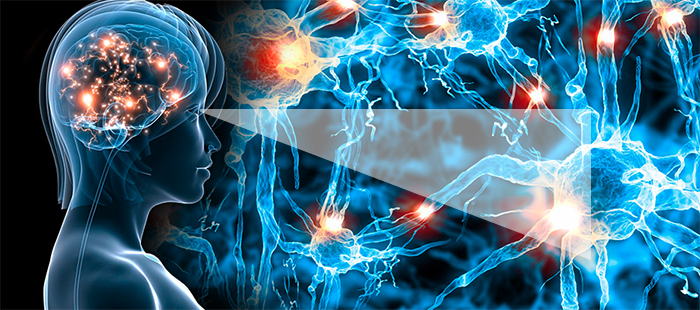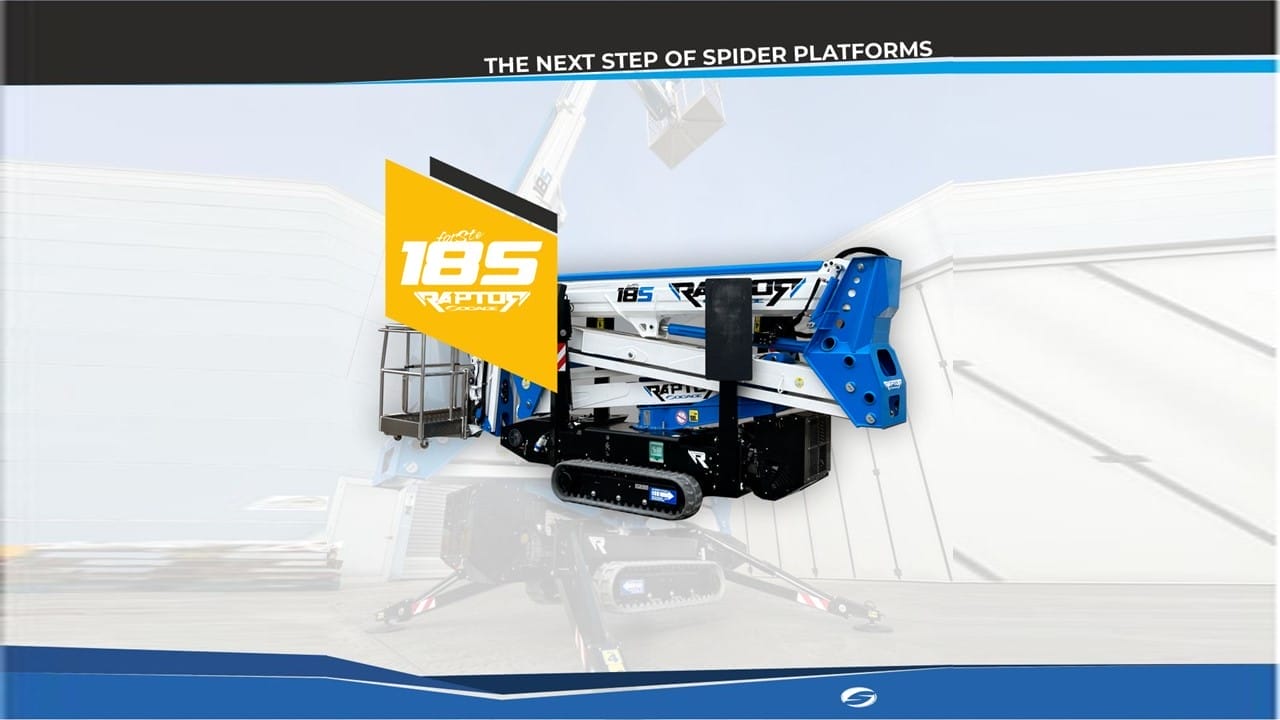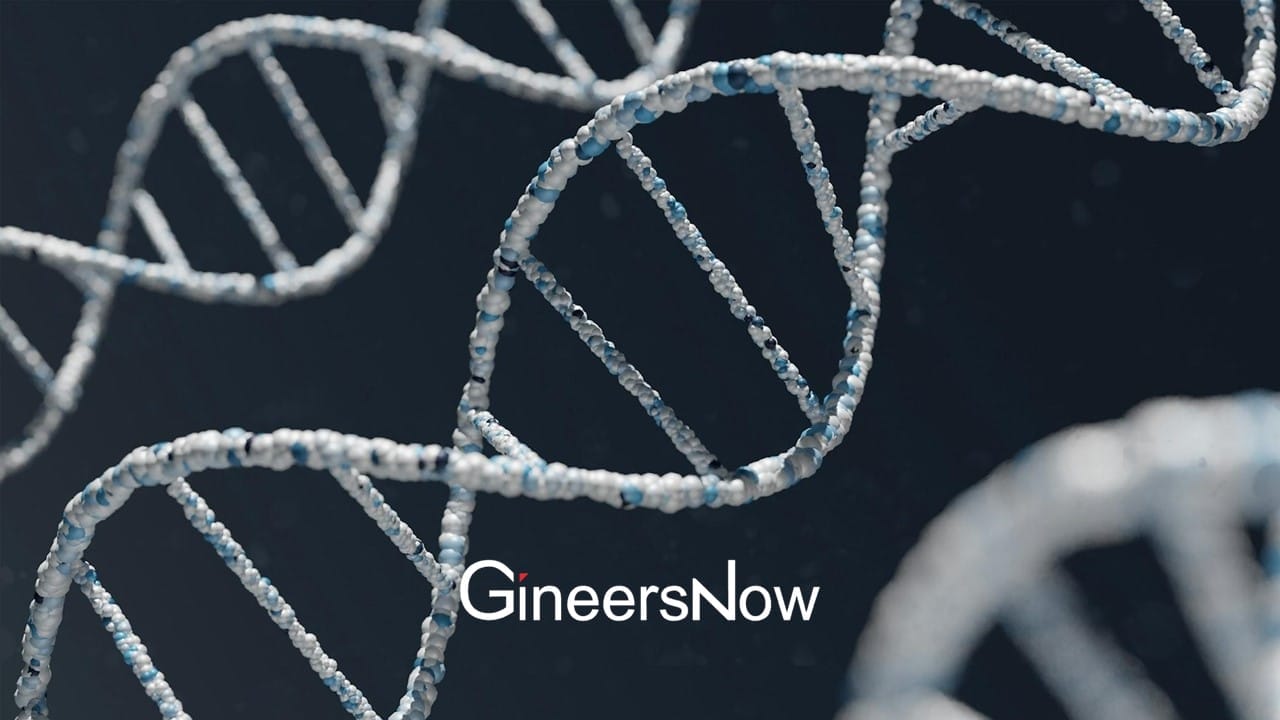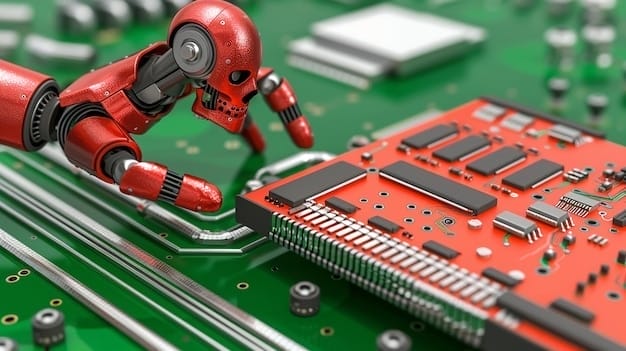Someday, scientists will be able to grow human organs in the laboratory which can be transplanted into recipients. This hope comes after U.S. researchers were able to grow human cells inside early-stage embryos, which creates the first ever human-pig hybrids.
Described by the researchers as interspecies chimeras, the hybrid was made by injecting human stem cells into early-stage pig embryos and transferred into surrogate sows. They were allowed to develop until the first trimester.
About 150 of the embryo’s developed hybrids, meaning that they had developed the precursors of organs including the heart and liver, while still containing around human cells amounting to one in 10,000 of the hybrids’ cells.

This experiment solidifies the concept of human-pig hybrids, which is huge step in advancing lab-grown human parts for transplants.
Juan Carlos Izpisua Belmonte, one of the researchers from the Salk Institute in California, tells the promising potential of their discovery. He says, “Our findings may offer hope for advancing science and medicine by providing an unprecedented ability to study early embryo development and organ formation, as well as a potential new avenue for medical therapies.
“We have shown that a precisely targeted technology can allow an organism from one species to produce a specific organ composed of cells from another species,” Izpisua Belmonte adds.
This isn’t the first attempt of his team towards interspecies chimeras. They’ve performed the same experiments in 2015, but involved some other animal: a mouse. It was the world’s first chimera.
They successfully integrated human stem cells into mouse embryos, proving that human stem cells can develop inside another species.
In this particular experiment, they were able to devise a new tool called CRISPR-Cas9, which turned off the genes that produce a pancreas in mice.
“Our rodent experiments reveal a profound secret, that a developing mouse was able to unlock a gallbladder developmental program in rat cells that is normally suppressed during rat development,” explains Jun Wu, a researcher from the Salk Institute.
“This highlights the importance of the host environment in controlling organ development and evolutionary speciation,” he adds.
Source: Salk












